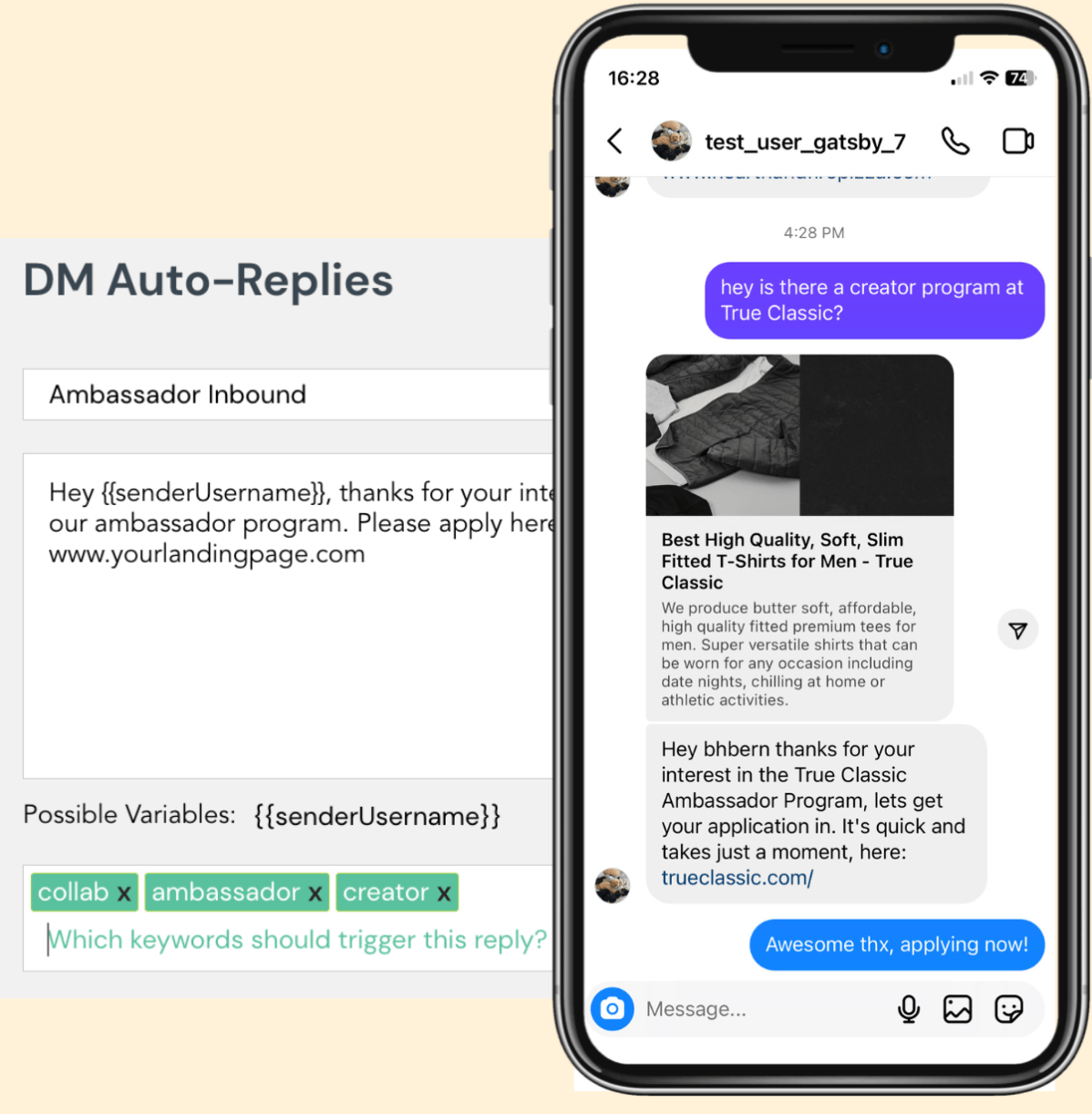Generation Z, born between the mid-1990s and mid-2010s, is the first generation to have grown up with the internet at their fingertips. As you’d imagine, they’re incredibly comfortable with technology, and they tend to spend over eight hours a day online. Unsurprisingly, Gen-Zers prefer to shop online rather than in physical stores, making them a significant force in the ecommerce market right now.
However, brands have a few hoops to jump through before they can bank on any interest from Gen Z consumers. This generation is particularly savvy and unswayed by marketing gimmicks, and brands need to work hard to understand what Gen Z shoppers truly care about if they’re going to appeal to them.
Ecommerce companies that understand and cater to the unique preferences and values of Gen-Zers are much more likely to succeed in the ever-growing, ever-competitive digital marketplace. So with that being said, here are 4 tips that you can use to attract and retain Gen Z consumers!

Use your loyalty program to connect through shared values
One of the most significant characteristics of Gen Z shopping behavior is the prioritization of sustainability, social responsibility, and ethical practices. In fact, 73% of Gen Z will only buy from brands they believe in, and 70% will attempt to shop with companies that they deem to be ethical.
This is why it’s so important for ecommerce brands right now to align emotionally with their customers by connecting through shared values. A great way to do this is through your loyalty program. Use your loyalty program as an extension of your brand to demonstrate your values and show customers that you support causes that are important to them.
For example, Astrid & Miyu have a silver recycling program, “Astrid & Renew”, where members get 1000 loyalty points for recycling their unwanted jewelry, as you can see in the example below.

Customers are likely to engage with the loyalty program and participate in the initiative because they know they’re doing something good for the environment while being rewarded for doing so. As a result, Astrid & Miyu benefit from positive emotional connections with their customers who will continue to display loyal behaviors and drive more revenue over time.
Other examples we’ve seen are brands allowing customers to spend their loyalty points on planting trees or donating to ocean clean-up conservation projects. Whatever your customers care about – hone in on this! These emotional connections will keep your Gen Z customers returning to engage, spend and share more of their data with you over time.

User-generated content (UGC) is your best friend
When marketing to Gen Z on social media, there are two key things to consider: authenticity and automation.
As a digitally native, social-first generation, Gen-Zers typically spend the majority of the purchasing funnel in social media, from discovery to purchase. To reach them, it’s important to harness content produced by real customers in a genuine context. This is why UGC is your best friend!
Not only does UGC create a conversation about your brand, but it also presents your products from a consumer perspective. Encouraging your customers to share about your brand on their social media channels, and also repurposing that content to your own channels, will go a long way towards establishing a fruitful ongoing consumer relationship.
It’s also key to automate interactions, since Gen Z consumers would much rather engage by DM instead of a phone call. Using a tool like Gatsby’s automated DM replies allows you to quickly respond to inquiries (like ambassador requests) by triggering a response based on keywords that you choose.


Engage shoppers in your sustainability story
In 2023, brands that implement climate initiatives and engage shoppers in their sustainability story will see greater loyalty from Gen Z consumers.
Sustainable brands that are transparent aren’t just top of mind for Gen Z’s – accounting for 40% of the global consumer industry in 2020 – they’re demanded.
In fact, upwards of 80% of Gen Z and millennial consumers would rather shop for environmentally friendly products if given the choice. That’s $350 billion in spending power preferring brands who are both radically transparent about their business operations and who are providing them with sustainable purchase options like carbon-neutral shipping.
And, while implementing green practices may come with an upfront cost, the longevity of business results it will drive is worth the investment. EcoCart has seen brands like Tribe Kelly boost their cart conversation by 19% after integrating sustainable shipping options into their checkout page and informing customers about the impact their carbon-neutral orders were having.
Furthermore, 73% of Gen Z consumers surveyed by First Insight in 2020 were willing to pay more for sustainable products.

Nail your influencer strategy
Influencer marketing has proven to be the most effective way of selling Gen Z, with 92% of Gen Z adults crediting influencer recommendations as the most important driver of purchases.
Influencer strategy starts with the brand’s goals. Before launching a campaign, the brand needs to decide between optimizing for short-term campaign ROI or for long-term retention.
For brands optimizing for campaign ROI, one-off influencer campaigns leveraging tools like Instagram and TikTok shops are very effective. 44% of Instagram users interact with Instagram Shopping, making it a great solution for Gen Z.
Brands looking to acquire long-term, loyal customers should use a more nuanced approach – Instagram shops are not a great solution because the brand is mostly left out of the experience, and data is scarce. For brands looking to maximize LTV and customer retention, influencers should be driving traffic back to the ecommerce site. From there, the store can build true brand loyalty.

Final thoughts
There’s a brilliant opportunity right now for ecommerce stores to connect with Gen Z consumers on shared values and build emotional connections that will stand the test of time.
The key to attracting and retaining these shoppers lies in:
- Putting in the work to understand what they care about and showing that you’re aligned on these values.
- Nailing your automation and communication strategy to meet them where they already communicate.
- Utilizing forms of advocacy such as UGC and influencer marketing.
- Being authentic and transparent!
For more ecommerce tips to help you win in 2023, read the ecommerce trends you need to know this year.





